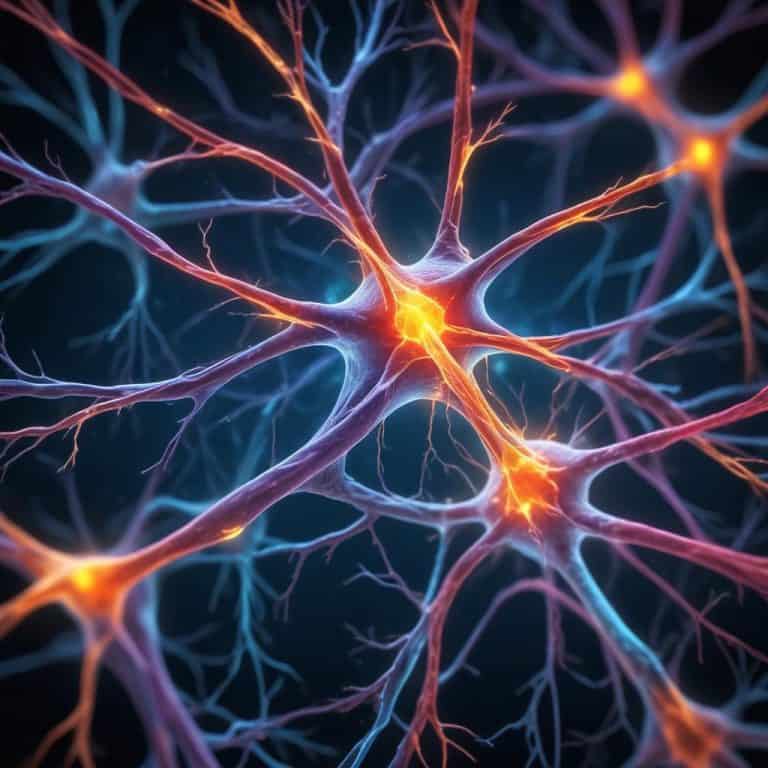Welcome to the Neurons quiz! Have you ever wondered how your brain sends messages to the rest of your body? Neurons are the tiny cells responsible for this amazing process. They act as messengers, transmitting information through electrical signals.
In this quiz, you’ll learn all about neurons and their important role in the nervous system. From how they communicate with each other to how they help you move and think, you’ll discover the fascinating world of these powerful cells.
So, get ready to dive into the world of neurons and test your knowledge with this fun and interactive quiz!
Play Neurons Quiz
Instructions
- This quiz is multiple choice.
- Read each question carefully before selecting an answer.
- Choose the best answer for each question.
- You will see the missed questions with correct answers at the end of the quiz.
Quick Facts
- Neurons are specialized cells in the brain that send and receive signals.
- These cells are the building blocks of the nervous system, helping us think, move, and feel.
- Neurons have a unique shape with branches called dendrites that receive signals and an axon that sends signals to other neurons.
- There are billions of neurons in the human brain, each connecting to thousands of other neurons.
- Neurons communicate through electrical and chemical signals, allowing for rapid transmission of information.
- Neurons play a crucial role in learning and memory, as connections between them can strengthen or weaken over time.
- Damage to neurons can result in neurological disorders such as Alzheimer’s disease, Parkinson’s disease, and multiple sclerosis.
- Neurons are constantly firing and communicating with each other, even when we are sleeping.
- Neurons can regenerate and repair themselves to some extent, especially in areas of the brain responsible for learning and memory.
- Stimulating neurons through activities like exercise, learning new skills, and socializing can help keep the brain healthy and functioning optimally.
Downloads
Study Tips
- Create a study schedule and stick to it.
- Find a quiet and comfortable study environment.
- Remove distractions such as phones and social media.
- Take breaks every 25-30 minutes to avoid burnout.
- Use active studying techniques like summarizing, highlighting, and teaching concepts to someone else.
- Practice retrieval by testing yourself with flashcards or practice quizzes.
- Stay organized with notes, study guides, and resources.
- Stay hydrated and eat brain-boosting foods like fruits, nuts, and whole grains.
- Get enough sleep to improve memory retention and cognitive function.
- Reward yourself for reaching study goals to stay motivated.
